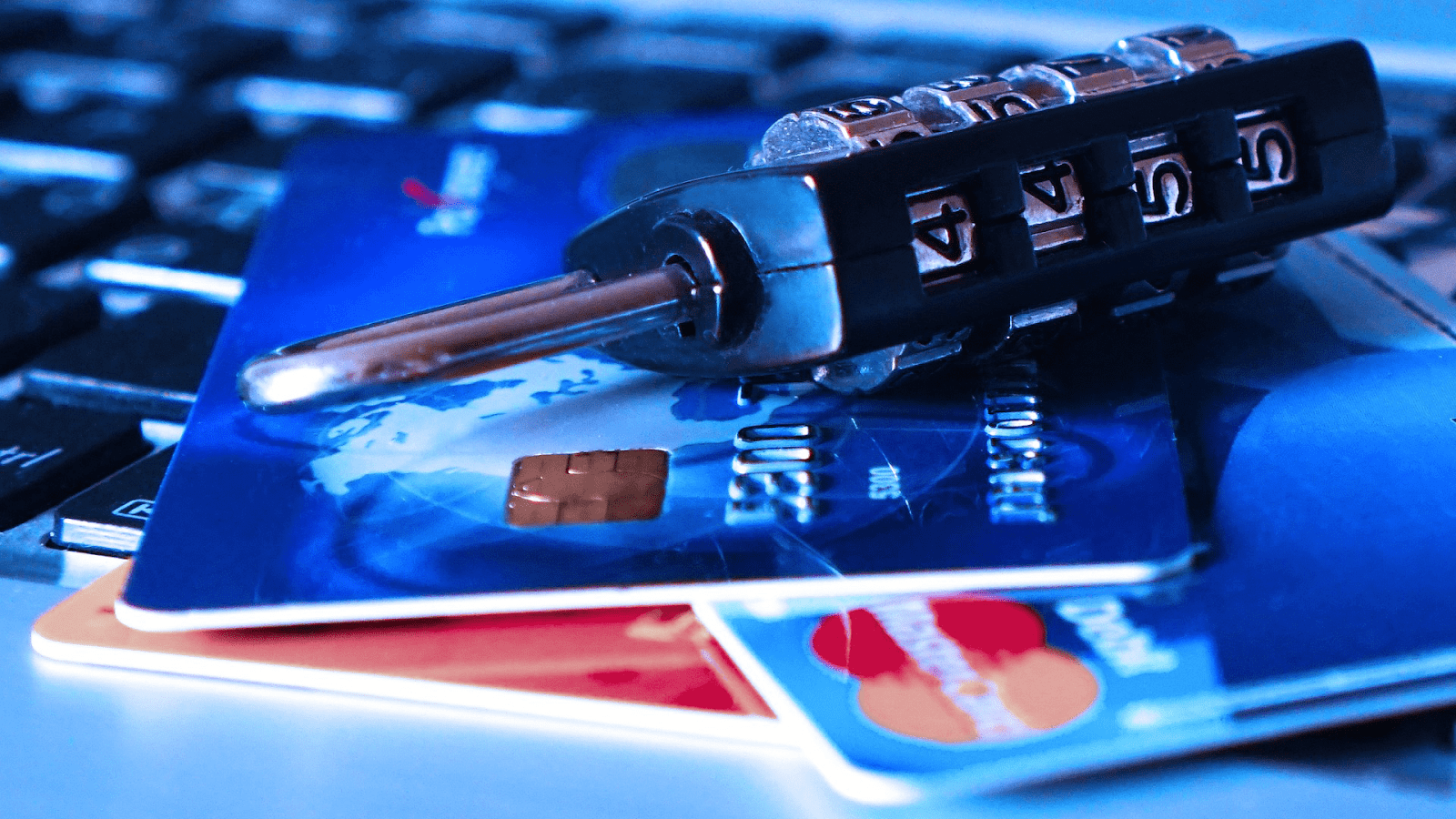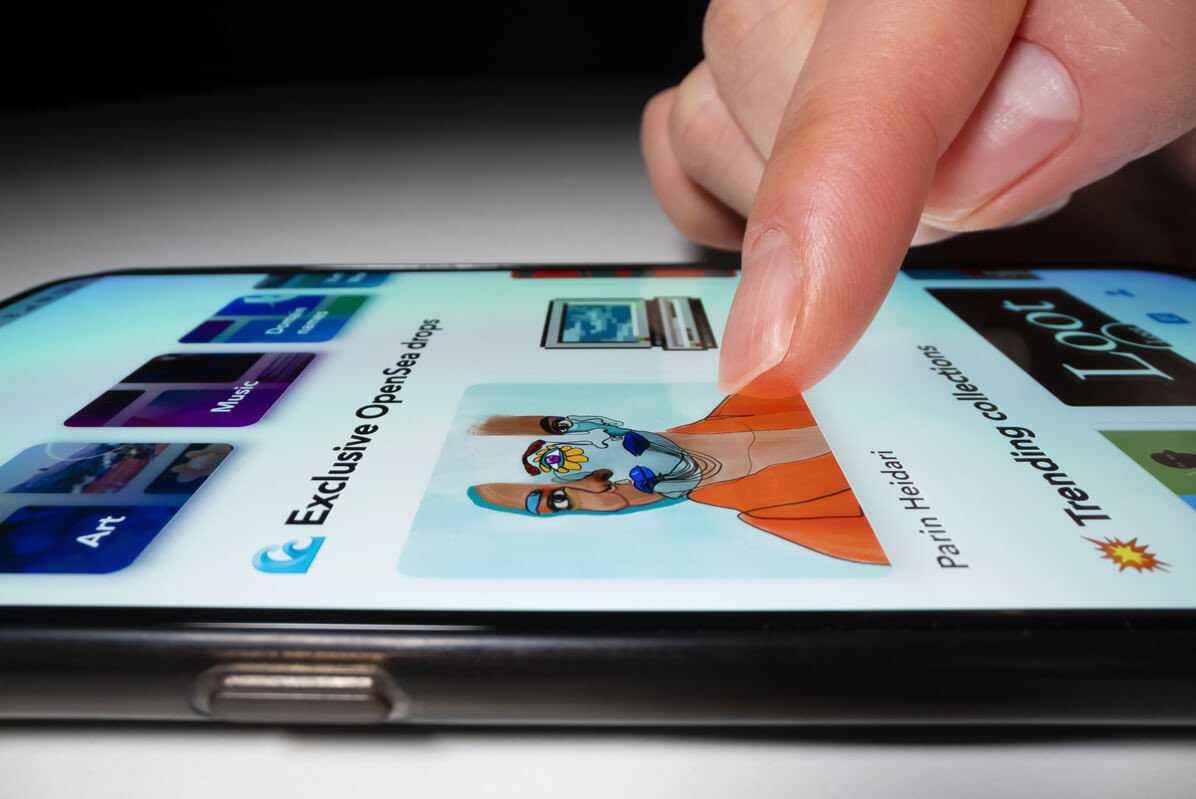Who am I? How Bitcoin and banks live with the identity problems

There were many fields of knowledge where the complex design of Bitcoin could have stumbled: Computer science (obviously), economics, law. You may not have put Philosophy on the list. But at the intersection of Bitcoin and life, it turns out that an important issue for digital money is identity – just as it is for other types of money.
Defining personal identity is not as easy as you might think. “Who am I?” is a question that most of us brushed aside once we were past our teenage years. But Bitcoin forces us to rethink: how can I prove who i am
In almost every way, the Bitcoin system is a thing of beauty. It is like a work of art in that what is created through the design of code perfectly mirrors human actions and motivations. The genius is that it is self-regulating. Instead of central bankers or politicians deciding whether to allow more money to be created, the supply of Bitcoin is pre-programmed and therefore completely predictable.
And instead of needing commercial institutions to facilitate trade between users, Bitcoin creates a support network – the mining nodes – to monitor and record transactions. The creator figured out what the miners and users would want to do and made those actions, such as joining or leaving the network, support the system design.
The only wrinkle lies on the border between Bitcoin country and the rest of the world. Because although for all practical purposes the system works well, there is no customer service in Bitcoin. In the unlikely event that something goes wrong—not so much in the software, but in the human behavior around it—what can you do?
Well, in the white paper, Satoshi Nakamoto pretty much says “bad luck”, there’s nothing you can do; and goes on to highlight it as one of its selling points. A problem with the conventional financial system, the white paper argues, is that “completely irreversible transactions are not really possible.” In a non-reversible transaction, once the money is spent, it’s spent.
This was a new way of thinking: most people with conventional bank accounts and credit cards assume that mistakes can ultimately be reversed, even if you can only get the problem resolved after sitting on the phone for hours and telling someone the name of the first one. pet. One person’s fear of reversible transactions is another person’s confidence that nothing can go too far wrong.

Banks invite us to create accounts with passwords, codes, PIN codes and many other systems that show the institution that we are who we say we are and not someone else trying to get hold of our account. When we first register an account, we have to build the arrangements in a statutory KYC (know your customer) process by producing copies of our driving license or passport, and perhaps a letter from an energy company showing where we live. We must give the bank confidence that there is a solid connection between our online identity and the physical world.
But in Bitcoin, identity is “firewalled” from the transactions themselves. Who you are is not Bitcoin’s problem, in the way that banks and payment services have accepted it is their problem. Bitcoin provides a robust mechanism for owning and transferring money through private and public key pairs, but the question of who is behind these private keys is not part of the system design.
In a thoughtful post on Medium recently, Simon Bettison examined the various ways the connection between identity and ownership has been demonstrated over the years. He points out that when someone signs a document by hand, it doesn’t matter that their signature is different each time: “it’s not the shape of the signature, or its accuracy that matters, but the identity of the person producing. the signature”.
In the digital world, things are both worse – you can even “sign” using standard fonts – and better – there is more associated evidence around online signing than there is on a piece of paper.
Likewise, in Bitcoin, the “signature” is only valid when made by the rightful owner of the coins in question; otherwise it is part of a scam. Commenting on Bettison’s post, Dr. Craig Wright mentions the historical importance of witnesses to signatures. They are people who in theory would be willing to attest to the correct identity of the person signing, reinforcing the idea that it is not by examining the physical signature itself that the statements it makes can be verified.
For both Bitcoin and conventional money, validation of identity is personal rather than physical (in pre-digital days) or technological (today). Despite all the elaborate controls, even for banks, the identity is a bit fuzzy around the edges. If I’ve forgotten my passwords, special numbers, or whatever, I’ll probably end up having to remember my volunteer facts – grandma’s maiden name, etc. But what if I don’t remember those either? The process not only stops at that point, but it will become more and more demanding, and end up in court.
The UK Government has a useful page on its business website on how to prove identity. It offers this definition: “an identity is a combination of ‘attributes’ (characteristics) belonging to a person. A single attribute is usually not enough to distinguish one person from another, but a combination of attributes can be. It makes the point that knowing someone’s identity is not binary; it’s about “levels of trust”.
Even the most process-driven organizations have to live with this kind of vagueness. I recently spoke to my broadband provider and couldn’t get them to check my identity by giving them the number for my last bill (because I called to tell them the broadband was down) and I had forgotten the ‘kind word’. Eventually they accepted who I was because I could tell them my bank account number, but that seemed to be at the discretion of the person I was talking to, who happened to be in a good mood.
When you sign up for a Bitcoin wallet, you are encouraged to write down your twelve seed words and make sure not to lose them. This all-or-nothing warning has led people to conclude that if you lose those words, or access to another system that more user-friendly wallets can offer, then you’ve lost your money. And for most practical purposes, that’s true.
But these twelve words are just Bitcoin’s version of quill signatures. The attest to ownership and are the practical means of exercising the right of ownership, but they are not in themselves ownership. A crook may have found your paper with the twelve words on it.
At this point in the argument, it is common to bring up the car keys analogy: just because I have the keys to a car does not mean that I own it. Which is fair enough, but let me put the counterargument, which is often forgotten, but also true and relevant to the question of identity.
If I’m walking down the street with a friend and they claim a fancy parked car as theirs, if they bring a key out of their pocket, open the car door, invite me in and drive us away, I’d be 99 percent sure it was their car. If instead they claimed it was theirs but walked by and then got someone on the phone to assure me they had witnessed my friend buying the car, I would be less convinced. Most people are honest and so possessive is a pretty good, if not infallible proof of ownership.
Bitcoin was designed to solve the problem of making “small, random transactions”, as stated in the opening paragraph of the white paper. Why not big ones? Well, you can use it for big, but then the question of who you are dealing with and what you can do if something goes wrong becomes more important. If I buy something for a couple of quid at a car boot sale, I don’t mind never being able to find who I bought it from. But I wouldn’t buy a car that way. This was the great insight of Pierre Omidyar, the founder of eBay: most people are honest. If the idea of sending money to someone you can’t trace and hoping they’ll send back what you bought from them seems crazy, he said, well, try it and you’ll find it almost always works.
In the Bitcoin world, it’s the same. The closely guarded private keys or wallet passwords will, except in edge cases, quite satisfactorily indicate the owner of the coins, just as my bank believes that if someone logs in with my passwords, it’s me. . Identity is painstaking to prove, and if we had to do it all the time, normal life would grind to a halt. But luckily, criminals are the exception, not the rule.
Dr. Craig Wright on CoinGeek Talks: On the Beginnings of Bitcoin
New to Bitcoin? Check out CoinGeeks Bitcoin for beginners section, the ultimate resource guide for learning more about Bitcoin – as originally envisioned by Satoshi Nakamoto – and blockchain.























